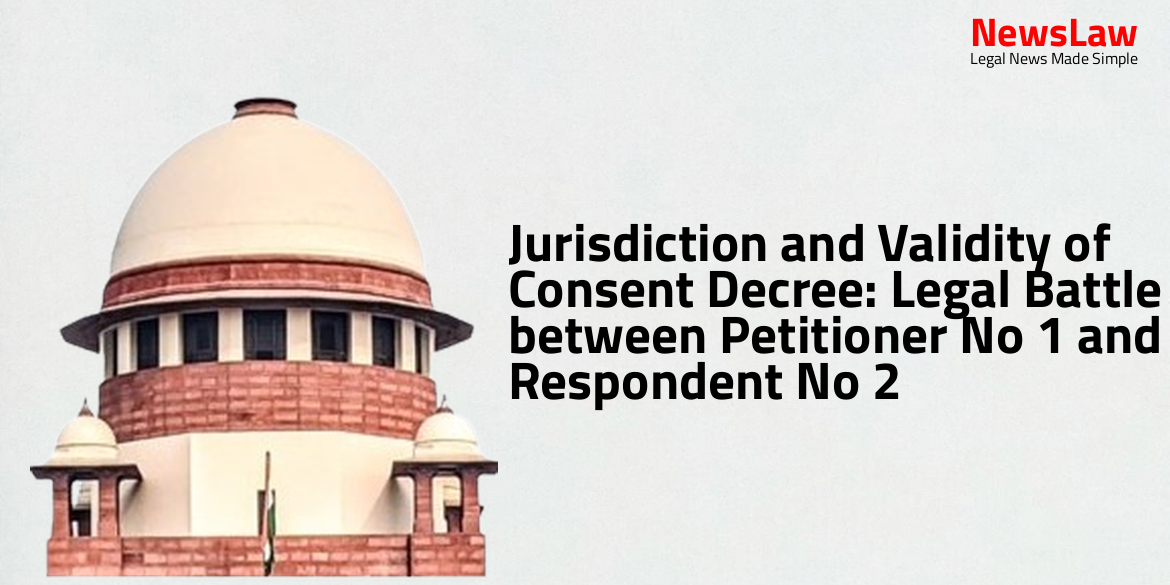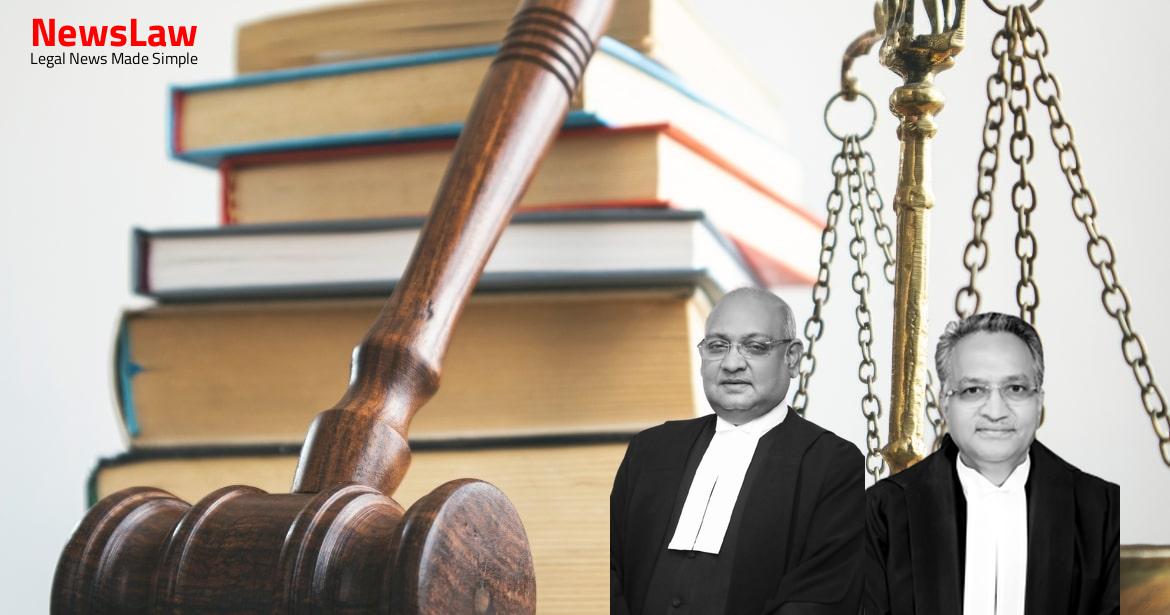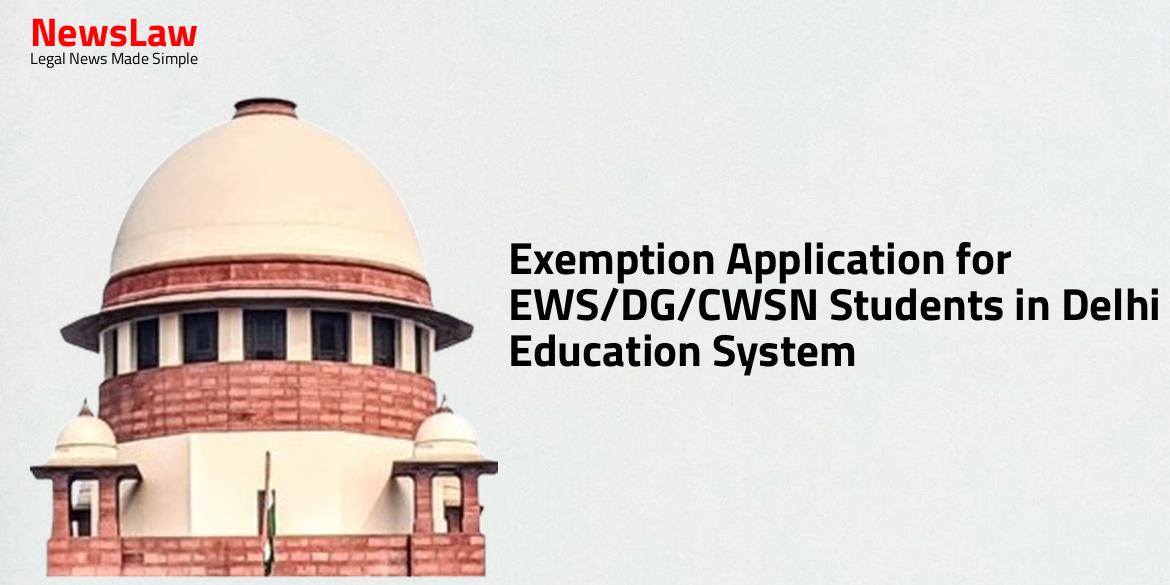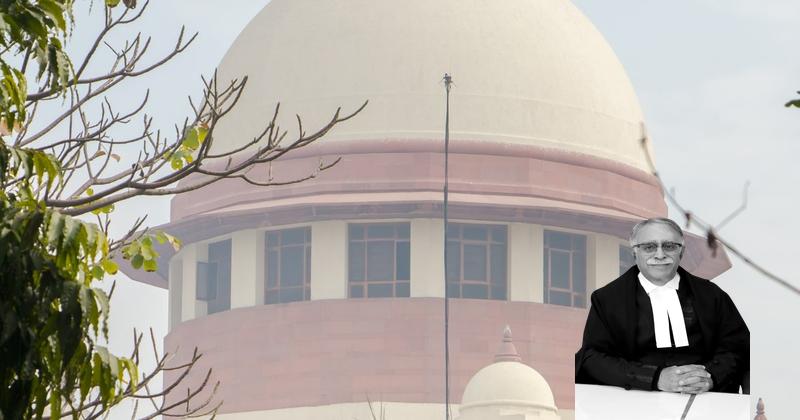In a recent judgment by the Delhi High Court, a contentious issue regarding the jurisdiction and validity of a consent decree has arisen, involving parties Petitioner No 1 and Respondent No 2. The court’s ruling delves into the intricacies of legal proceedings and the enforcement of court orders. Let’s explore the implications of this case further.
Facts
- Petitioner No 1 availed packing credit limit from the Bank for export of rice to Angola against a letter of credit.
- A consent judgment and decree dated 3 August, 1994, including a mortgage decree, was passed in favor of the Bank against Petitioner No 1 and Respondent No 2.
- Petitioner No 1 and Respondent No 2 failed to deposit the agreed debt/decretal amount, leading to the Bank filing an execution petition on 31 March, 1995.
- All three mortgaged immovable properties were sold in the execution proceedings, with the amounts being adjusted against the decretal debt.
- Petitioners contended that the consent decree was a nullity and therefore not executable.
- Objection was raised regarding the jurisdiction of the court to entertain the civil suit and pass the consent decree post the establishment of DRT-I.
- The execution petition was transferred to the Debt Recovery Tribunal in September 2012.
- Under the consent decree, Petitioner No 1 and Respondent No 2 became jointly and severally liable for a specific amount along with interest.
- A decision was made by DRAT in February 2016, quashing the recovery proceedings in R.C. No 190/2015.
Arguments
- The learned counsel for the Petitioners argues that the consent decree dated 03 August, 1994 should be considered a nullity as the High Court did not have jurisdiction to pass orders in the civil suit at that time.
- The objection regarding the nullity of the decree can be raised by the party whenever the decree is sought to be enforced despite the nineteen years delay.
- Acquiescence to the jurisdiction of the Civil Court is not permissible under Section 18 of the RDB Act, and the admission before the High Court does not undermine the objection.
- The transfer of the execution proceedings in September 2012 was impermissible under Section 31 of the RDB Act, as the proceedings were initiated in March 1995.
- The delay in raising the challenge after nineteen years does not bar the Petitioners from raising objections on the jurisdiction and validity of the consent decree.
- Petitioner No 1 is only seeking to recover the admitted decretal amount from Petitioner No 2 in the execution proceedings before the RO.
- No prejudice has been caused to Petitioner No 1 by the orders passed by the High Court.
- The objection raised by Petitioner No 1 is considered to be barred by inordinate and unexplained delay and laches.
Analysis
- The Court emphasized the importance of jurisdiction in the execution of court orders and pointed out that the executing court cannot go behind a decree unless there is a lack of jurisdiction.
- The Petitioners confirmed their free consent to the settlement recorded in 1994.
- A decree with illegality or procedural irregularity is not automatically inexecutable; the proper remedy is to set it aside through legal proceedings or a superior court.
- Prejudice as a ground for relief is only valid when caused by another party, not by one’s own actions.
- The Court noted that there was no prejudice to the appellants due to the appeal being heard by the District Court.
- The Petitioners could not challenge the execution proceedings transferred by the High Court, which has attained finality.
- If a plaintiff chooses a court and the case is then dismissed, they cannot later question that court’s jurisdiction due to their own valuation error.
- Challenging a consent decree after many years to avoid liabilities is not permissible under equitable jurisdiction.
- The Court highlighted the admission of the debt by the Petitioners and the execution of the consent decree based on free consent.
- The judgment referred to the limited scope of interfering with consent decrees passed by Civil Courts and the constraints under Section 96 of the CPC.
- The Petitioners did not prove any prejudice from the mutual settlement recorded by the High Court in the civil suit.
- The Civil Court was not stripped of its inherent jurisdiction over the subject matter of the suit by Section 18 of the RDB Act as per the Supreme Court’s judgment in Mardia Chemicals Ltd. and Ors. v. Union of India and Ors.
- The consent decree passed by the High Court on 03 August, 1994, is not invalidated by lack of inherent jurisdiction as parties had chosen that forum.
- The Supreme Court in Kiran Singh v. Chaman Paswan clarified that a party cannot complain of lack of jurisdiction if they have chosen a specific forum.
- Denial of constitutional remedy due to lack of jurisdiction cannot be equated with bad faith.
- A consent decree is a valid contract between parties unless set aside by the court that issued it.
- Challenging a consent decree requires proving no compromise existed between the parties.
- A consent decree can only be set aside on grounds specified in Rule 3 CPC.
- Non-compliance with certain legal provisions does not benefit a debtor who has not fulfilled loan repayment commitments.
- The High Court’s power under Article 226 of the Constitution must be exercised judiciously and reasonably.
- A person seeking relief under Article 226 must approach the court with unblameworthy conduct.
- The court’s willingness to grant relief depends on the relative terms ‘void’ and ‘illegal’.
- Disobeying a decree of a superior court, like the High Court, can lead to contempt of court.
- A distinction exists between a nullity decree due to lack of jurisdiction and an illegal decree not complying with legal procedures.
- The liability of the Petitioners is admitted.
- The Petitioners are unwilling to discharge the said liability.
- No grounds for exercise of equitable jurisdiction in favor of the Petitioners.
- The present petition is dismissed.
- The decision of May, 2016, is vacated.
Case Title: M/S J.R. INTERNATIONAL & ORS Vs. PUNJAB & SIND BANK & ANR (2024:DHC:3885-DB)
Case Number: W.P.(C)-3370/2016



